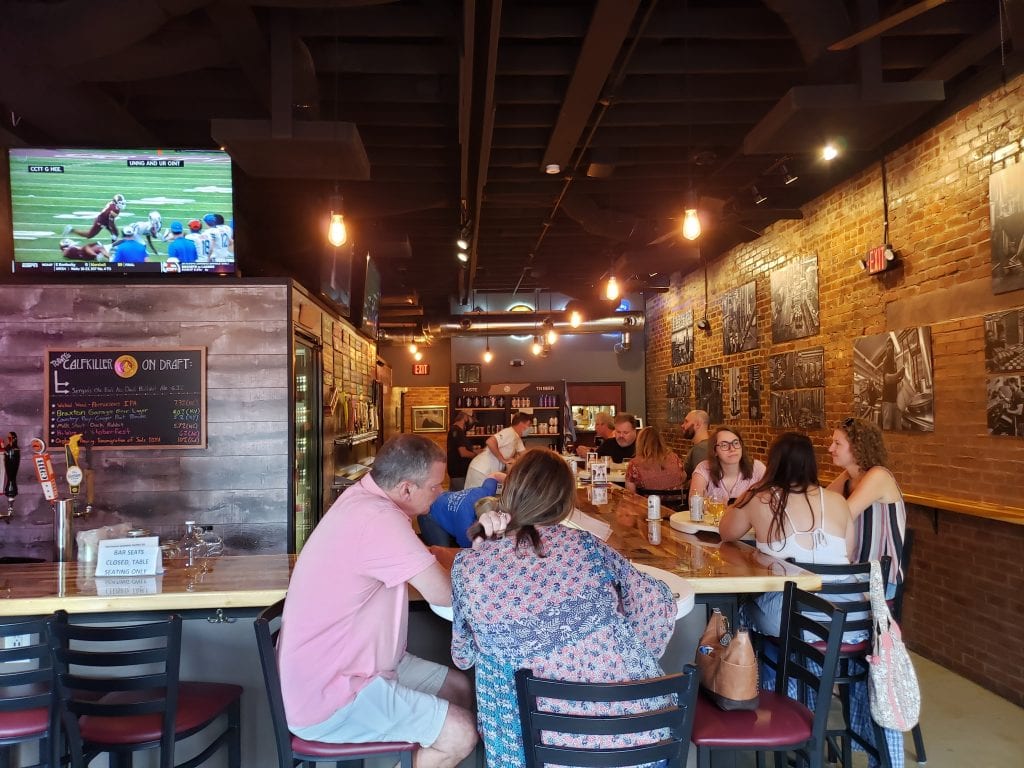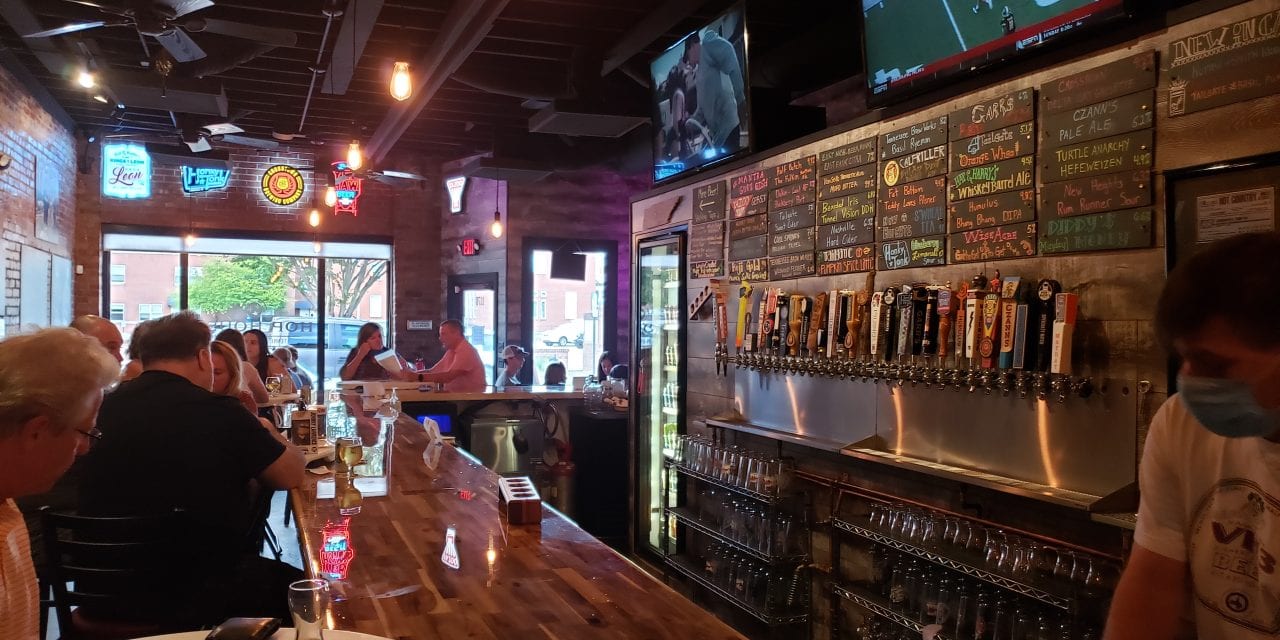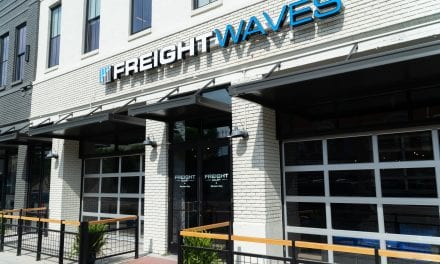There are so many things that make living in Middle Tennessee desirable. As there are so many great businesses that serve one-of-a-kind food and beverage options, the tastes of the area could easily be envied by other locales. The plentiful choices of where to eat and what to drink are indeed proof of the culture the Greater Nashville area has to offer both its residents and visitors.
Unfortunately, many food and beverage vendors have been heavily impacted by the coronavirus pandemic. Local event and news aggregator Do615 shares a list of businesses that have permanently closed their doors, with some pivoting to new types of businesses while others ceased operations for good.
Hop House Tennessee Taps (Hop House) is a taproom that serves lunch and dinner in Franklin. Located just off of Main St., the space is set up almost like an indoor beer garden. The Hop House taproom features 30 taps from Tennessee breweries, and six taps from Southeastern breweries hailing from Alabama, Kentucky, Georgia, and North Carolina. Their food menu is a diverse mix of tapas-style items and fare that includes salads, sandwiches, cheese plates, and charcuterie.
Mark Cook of Franklin, the proprietor of Hop House with his son, Kenny Sizemore, may be a familiar figure to those who’ve read The Tennessean. After being laid off from the daily newspaper’s staff, he was thinking about his next move. Mark’s dream of a spot with great local beer and tasty food was first conceived outside of Franklin.
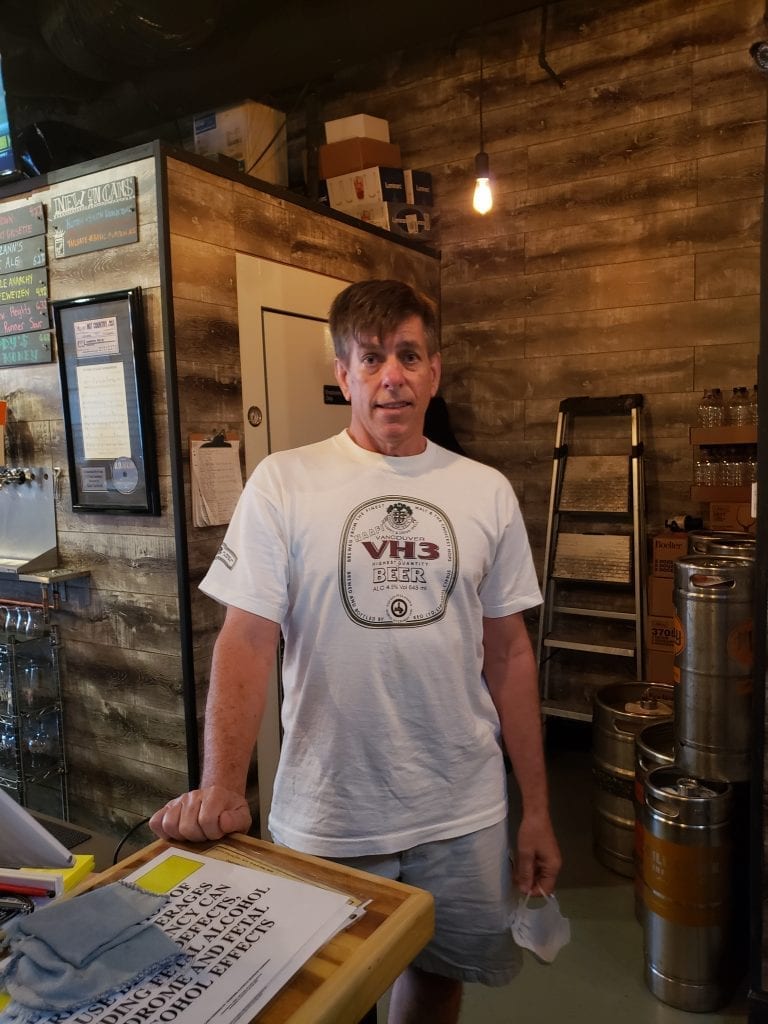
“We had a store for three years in Spring Hill,” Mark tells Launch Engine readers. “We learned the pattern there, which really closely follows the school year — or did at that time.”
The pattern to which Mark refers is a critical bit of knowledge in the hospitality industry. So much of the food and beverage business is influenced by the patterns of the current season, and the spending habits or activities of the consumer. Knowing how weather patterns may sway customer presence or how seasons may alter normal foot traffic are akin to flying an airplane with working instruments.
After selling the store in Spring Hill and seeing a prime spot for lease in Franklin, Mark shares that the Franklin version of the business was doing great before COVID-19 surfaced. “The first five weeks were incredible,” Mark says. “We know Franklin is different. Franklin has more tourism… and frankly, a lot of people with more money. More empty-nesters in Franklin. Spring Hill’s getting some, but mostly it’s families with children in school.”
Like with every other hospitality vendor, Hop House is maintaining its altitude as other businesses prepare for bumpy landings. Speaking candidly, Mark says, “We’re treading water as hard as we can.”
“For us, not having a year track record to go on, we don’t know which of our slowdowns — day to day or week to week — are due to regular cycles such as the beginning of school, or due to pandemic fears,” he explains.
Mark says that the pattern he’d learned in Spring Hill (which closely followed the school year during Hop House’s time there) is the only real metric he has for forecasting consumer habits. Unfortunately, Mark states, it “doesn’t give us much information on what to predict” when trying to compare the former location’s performance to that of the current location.
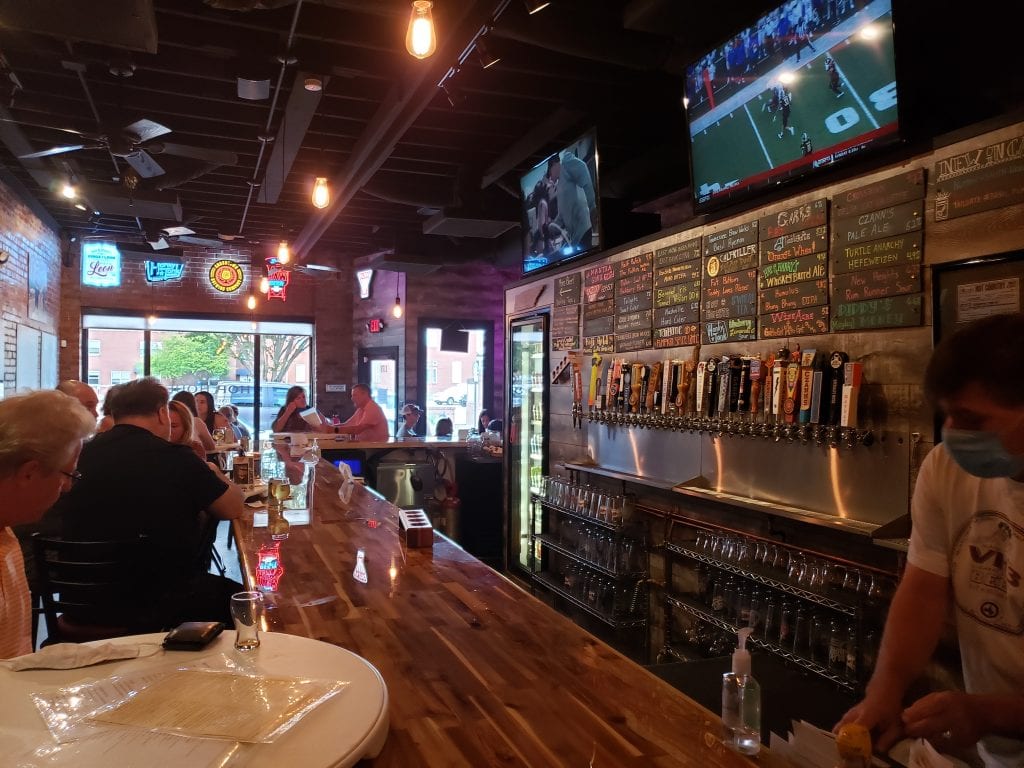
But that was just the beginning of the obstacles Hop House would have to overcome. As a business that sells both food and beer meant to be enjoyed on site, Hop House Tennessee Taps had to change its operations drastically in order to follow city and state government health guidelines for the pandemic, such as not allowing conventional bar seating and reducing occupancy to 50 percent.
He said assembling a kitchen staff took longer than expected at the beginning, then several key staff members chose to stop working after Coronavirus restrictions took hold. Some had health concerns, others chose to take advantage of the $600 bump in unemployment assistance.
Hanging on under such conditions was a new challenge.
“As soon as the restrictions started in Nashville—and before they started in Franklin—we had a tremendous drop-off in business. And that has continued. For the first couple of weeks, we couldn’t let anyone in, and we sold package beer.”
Whether fortune or providence, Hop House’s model of in-house and to-go options for beer and food turned out to be sufficient to meet expenses.
Mark is grateful for the assistance he received during the Hop House buildout. He says, “I felt that the city government was quite supportive, actually. We had to, and we meant to, closely follow the law. We met with department heads on construction stuff. That was challenging because we had to make some investments that we didn’t expect to, to meet codes. Like, dig up the floor and put in a much larger drain, things like that. But I would say, even in the construction phase, the city was very, very supportive. If we called for advice, it was there. Since we meant to follow the law as we knew it, they were helpful.”
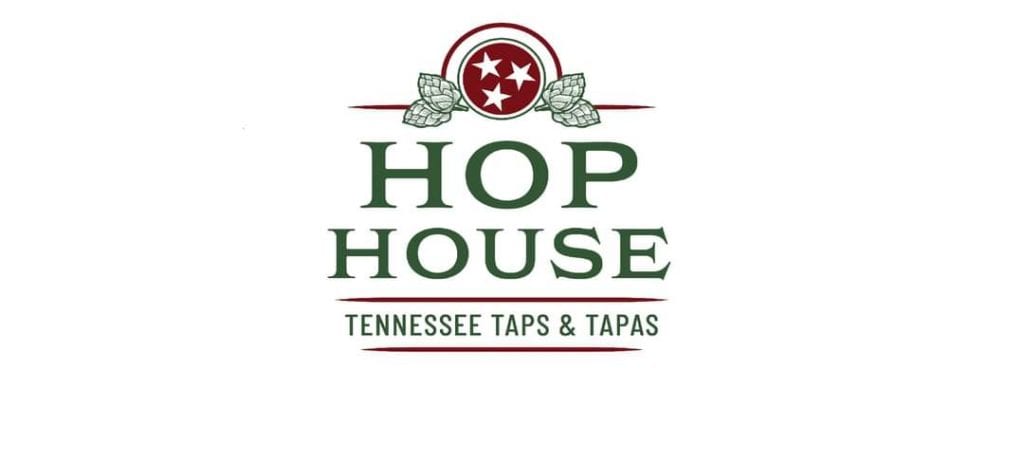
The attitudes around beer, particularly the craft beer movement, seem to have changed a great deal in Franklin over the last decade. For Mark, that shift in perceptions, as well as the amiability among Franklin’s city government and businesses, has benefitted the customers in the end, and since the pandemic took hold.
He says, “Franklin was… pretty cool giving us a license to sell pints out the door, as well as growlers. Our growler business really went up right after the pandemic restrictions came down.”
Regarding the beer that Hop House sells, Mark tells Launch Engine readers that beer vendors are facing their share of troubles.
“Well, the breweries, they had to actually go and pick up a lot of their kegs… and then, can or bottle their product because… on-premise sales had dropped so much. Especially on Lower Broadway… For the local breweries, that is a huge market for them. And losing that was pretty catastrophic. And so, sometimes, we can’t get certain things in kegs because of that. Mostly, it’s been OK. I mean, the tornado also affected that. The tornado also knocked out Best Brands [Incorporated], Smith & Lentz Brewing in East Nashville… That was actually quite a profound thing that we faced right off the bat.”
At the moment, the situation is challenging for so many people in food and beverage. The best option for the small business owner is to keep plowing ahead. Mark’s plans for the future haven’t dampened one bit, as he is planning to evolve his food service, thinking creatively about how to respond best to the opportunities afforded by the current business environment, including adding wine service.
“But… we can’t meet the licensing regulations of 40 seats with tables during [the] pandemic, because we’re at half capacity. So, I’m trying to get some information from the state whether they would consider our application at this time.”
Mark says, “We’re still very optimistic. We can’t operate at this level forever, but we can for a while. We’re optimistic that we’re going to be able to keep people at the bar and have events, and expand our food service.”
Hop House is currently offering a Happy Hour special running weekdays from 12 p.m. to 5 p.m. For further information about Hop House Tennessee Taps, including available beverages, menu, and delivery options, be sure to visit their website and social media.
